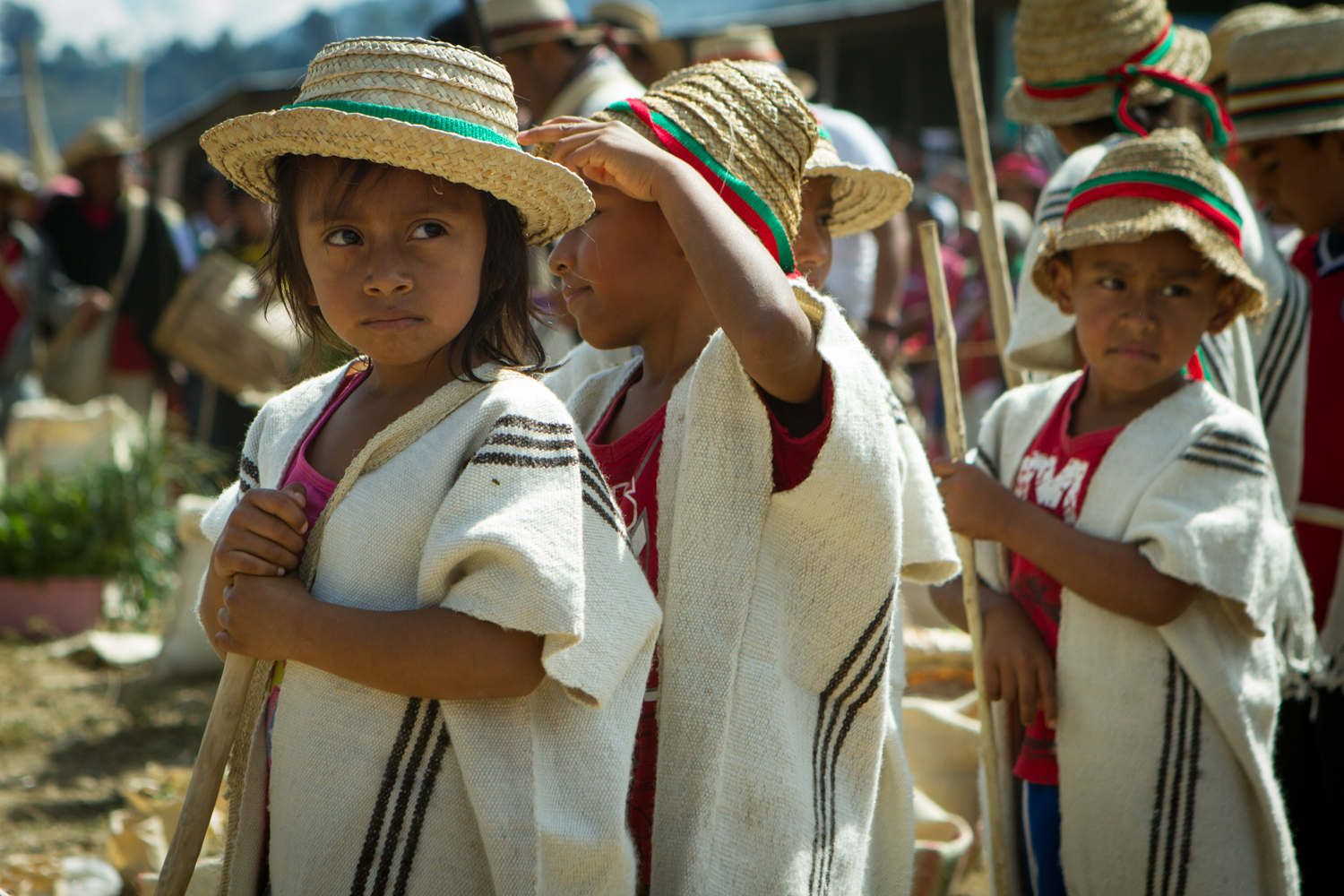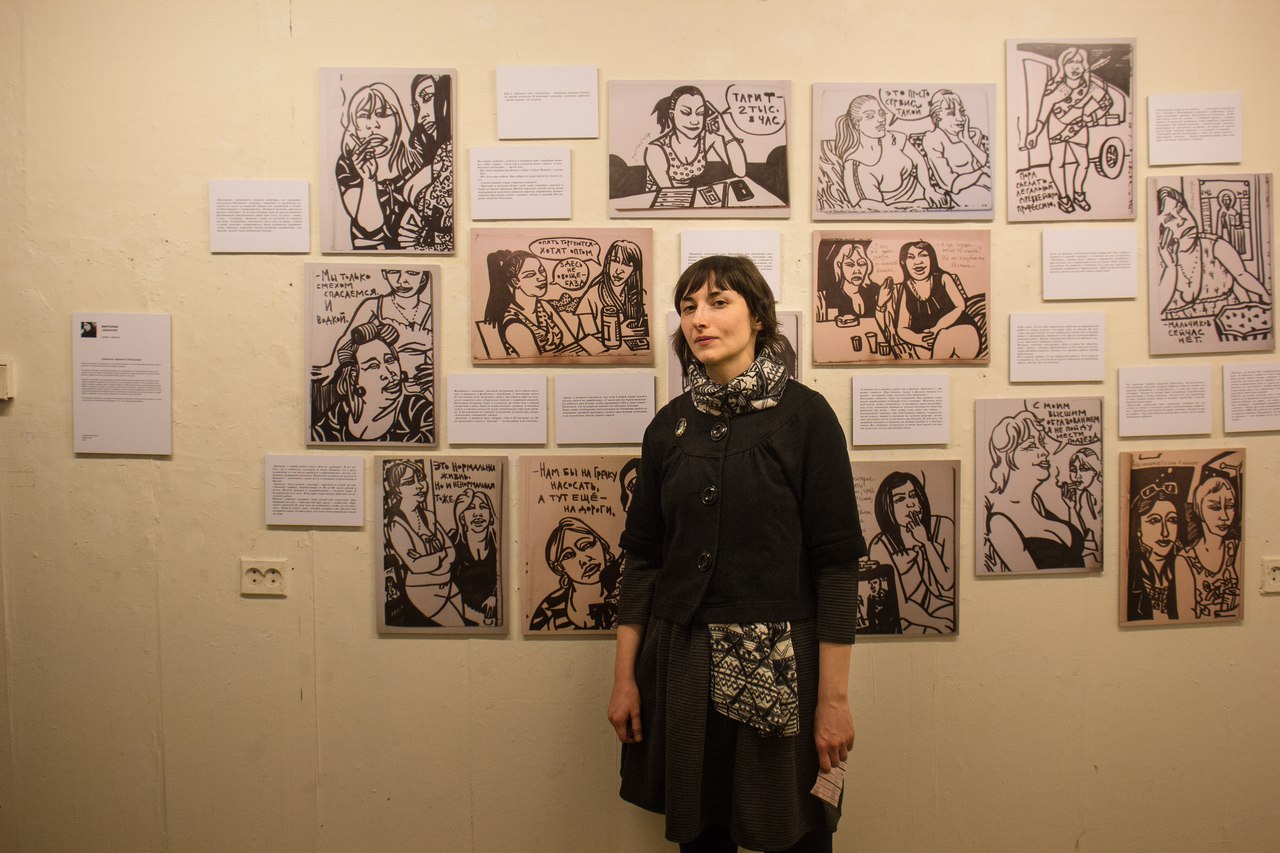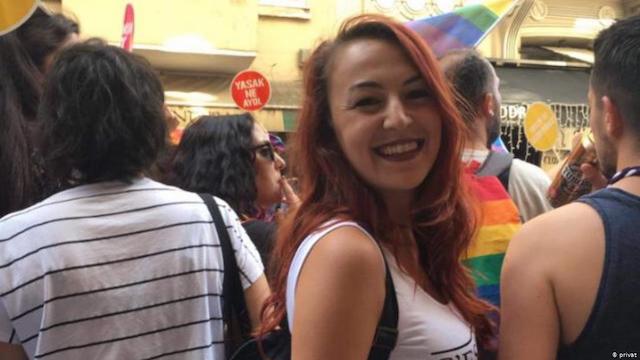It was a simple question; “Do you support the final agreement to end the conflict and construct a stable and enduring peace?” The votes in Colombia trickled in all day Sunday while I lounged at my kitchen table, calmly re-writing a draft of an article about minorities’ stake in the peace accord. My editor told me we should get it out first thing on Monday, suggesting that I preemptively incorporate the results the whole world expected. Mid-sentence, I glanced down at my cell phone with its innocent vibration against the wood. “The No won?!!!” It was like an alarm. A cascade of exclamation-heavy twitter comments corroborated the horror just barely starting to sink in.
I can comfortably say that I have never felt so heartbroken about any singular news event in my entire life. Not former presidential outcomes, invasions, tragedies. “Heartbreak” perhaps comes off as trite, but the outcome weighed with a philosophical heaviness that resembles the grief of losing someone. Four years of peace dialogues to end the longest conflict in the Americas struck down by a margin of less than half of a percentage point.
Since 2012, the Colombian government, and the country’s largest leftist guerrilla organization, The Revolutionary Armed Forces of Colombia (FARC), negotiated in Havana to reach a mutually agreeable plan to put down their weapon and remedy the seeds of violence that have enabled over 50 years of armed conflict. The 297-page accord they finally signed on September 26 represented both a symbolic conclusion and a new beginning; it outlined detailed programs for guerrilla disarmament and reintegration into civil society, rural agricultural reform, victims compensation, and other important transitions. President Juan Manuel Santos took a gamble by letting the Colombian public have the final say in a referendum vote. On Oct. 2, he lost that bet, but it was much deeper loss for the people who have lived this war.

A horse stands in the wreckage of an exploded building in Toribio, where the FARC planted a bomb aboard a bus in 2011. The Grafitti reads, “We have a plan of life, the government has a plan of death.” [Both photographs in this article by Hanna Wallis]
The most victimized areas of the country overwhelmingly voted to support the agreement, while people in the cities cushioned from the violence considered the accord too lenient.
For me, this is the most tragic part. In the communities where I spent my entire summer, the vote was not an abstract decision about political tolerance; it was a matter of asserting a new way of relating to one another. They were willing to summon the extraordinary compassion to welcome the former FARC guerrilla back after so many years of bloodshed. It was as if to say, “Yes, they killed our fathers, sisters, brothers, recruited our children, bombed our buildings, but we will forgive because we don’t want to live at war.” Those voices did not win last Sunday. The desire for punitive justice drowned out this raw kind of human courage.
Detractors of the accord insisted upon “peace without impunity.” Among them, the strongest position came from former president Alvaro Uribe, who oversaw a scorched earth campaign during his eight years in office. Bolstering the military and equipping paramilitary groups, he sought to exterminate the guerrilla at any cost. The incentive structure he created in the armed forces led to a practice that is now known as “false positives.” Soldiers executed somewhere around 3,000 peasant civilians to pass them off as FARC members.
I spent my summer immersed in an indigenous movement in the southwestern department of Cauca, an epicenter of the violence, to report about how minority groups were responding to the peace process. Beginning in the 1970s, indigenous communities in this area mobilized a resistance movement to reclaim their ancestral territory and self-determination. Their non-violent struggle has been squeezed from all sides by other armed groups with strongholds in their territories. I moved to the municipality of Toribio, which has suffered over 600 attacks by the FARC in the past decade. Clinging to the backs of motorcycles, leaders pointed to massacre sites, now indistinguishable from the expanse of lush green rising into the hills.
In one of the towns where I spent close to a month this summer, Tacueyó, members of military convinced a group of nine and 10-year old schoolboys to come to a barbecue in the countryside. They killed all of them and left their bodies beside a shack in the hills, framing it as a FARC child-recruitment base. I met a little boy about the same age in Tacueyo at the most sacred indigenous ritual of the year. He held my hand through the dancing, and then escorted me to his house, where his parents evacuated a bedroom for me to stay the night. They told me about the massacre over dinner, pointing to their son Felipe to show the innocence that so much violence had robbed their community.
So when the “No” supporters talk about impunity, my blood seethes with anger; impunity for whom? If anyone has the hubris to explain justice to the real victims of this war, they should at least not represent one of the other arms of violence. The FARC were not the only culprits. Paramilitaries committed three times as many massacres as the guerrilla.
What do the victims want? I can tell you because I listened to their stories for three months. They want to live in tranquility. They don’t want to worry about fleeing everyday or never seeing their displaced family members again. They want truth commissions for the FARC to admit to their crimes so they can find out the whereabouts of the 100,000 + people disappeared in the conflict, like my friend Gregorio’s 18-year old son. All of that mattered more than justice.
The debilitating sadness that swept over Colombia this past week has also permeated my life here in New York. I’m riding the subway and then all of a sudden grappling with a hot choke of tears, forming again even now as I write this. All I can do is turn to images of the thousands of people gathering in Bogota’s Plaza Bolivar protesting the decision. My friends from Cauca are there marching in their red and green bandanas. It might be a long fight ahead, but they’ve already been waging it with courage and passion for many decades. As intense as the sadness, I feel grateful, even at my desk far away, to have joined that struggle, reporting a story closer to people I love than any I have ever covered.





